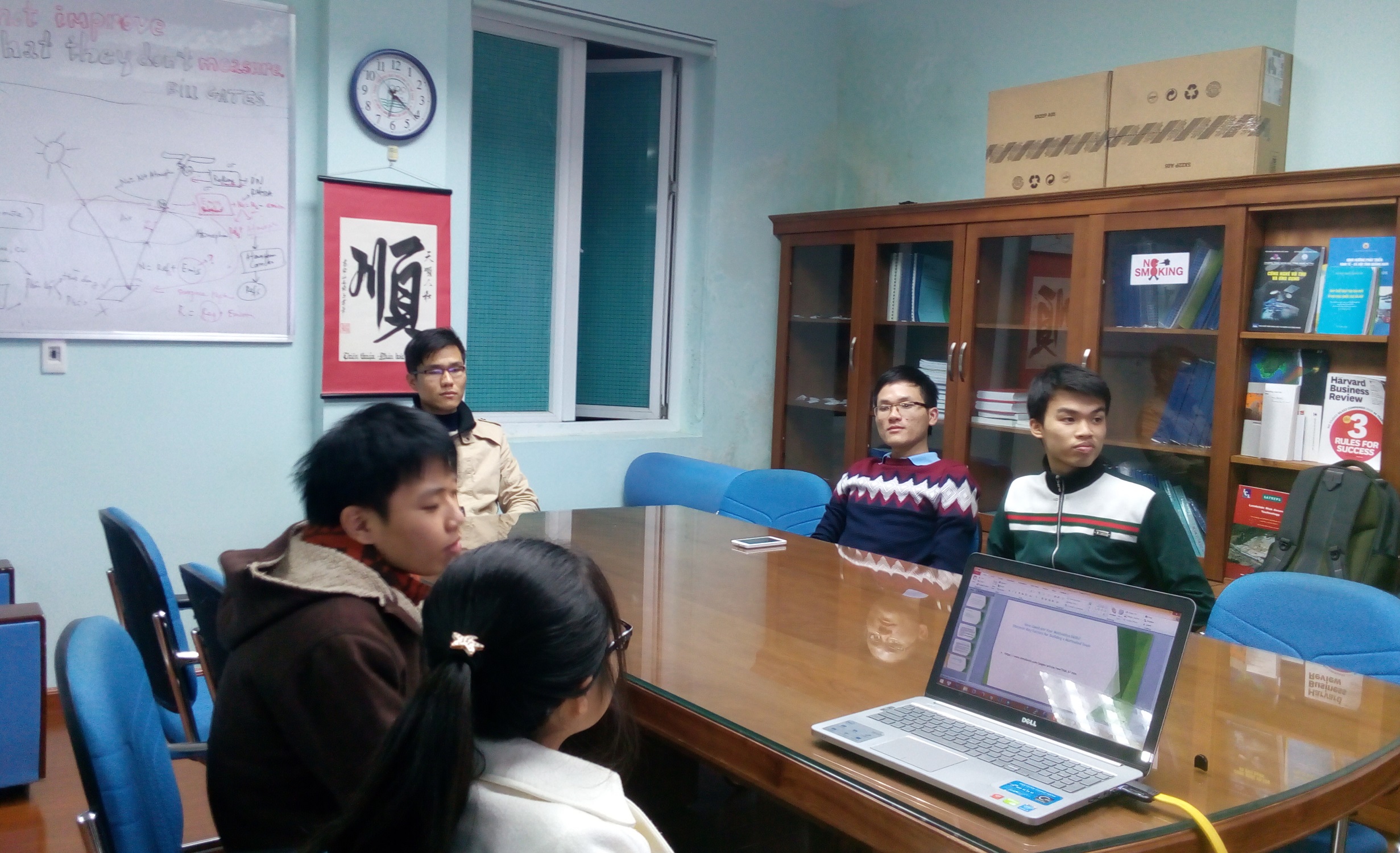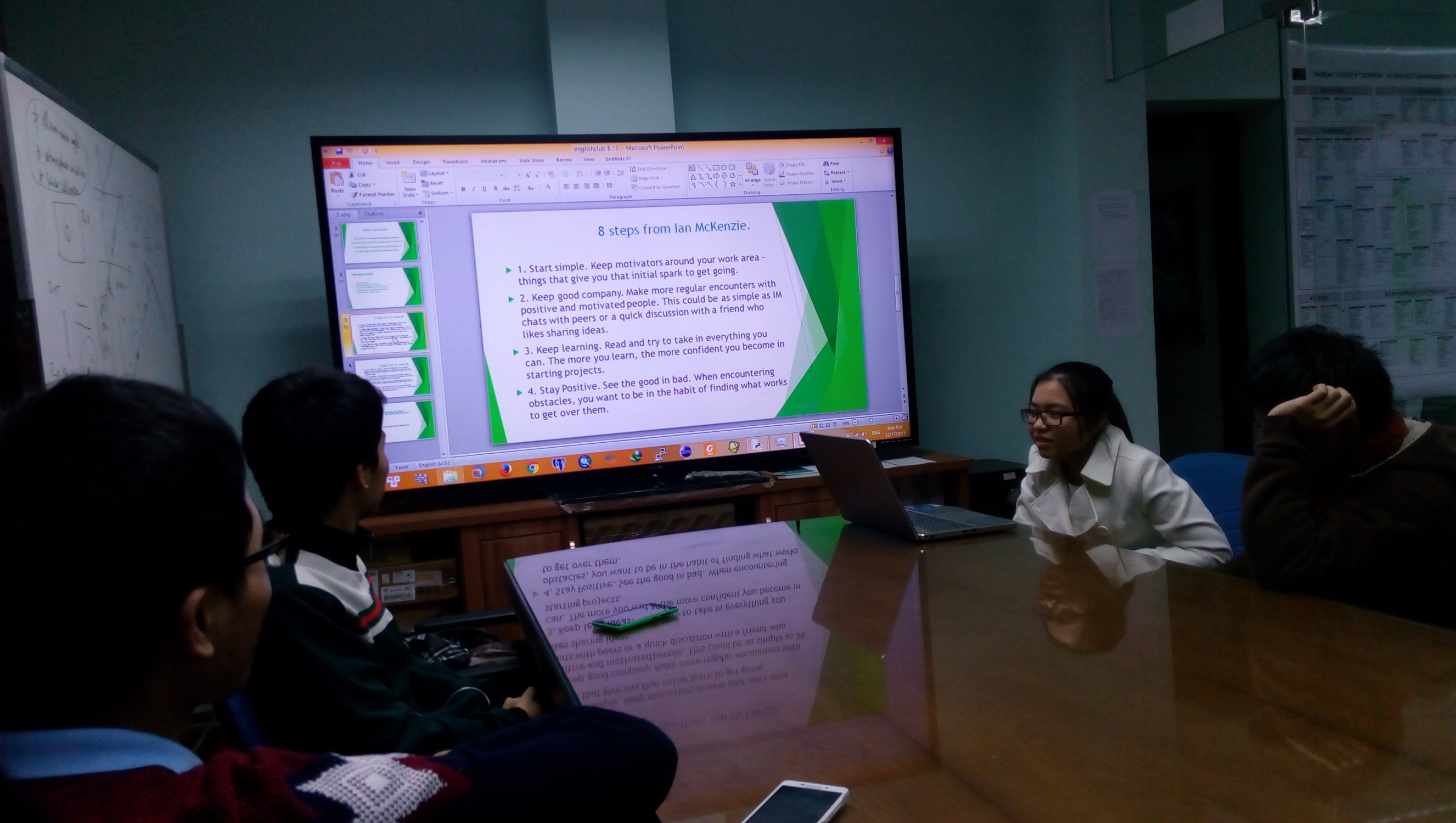FIMO English Club: Motivational skills
In the business world, people who are able to motivate themselves as well as people around them have a better chance of advancing in their career. Motivation may seem like a simple thing to achieve, but sometimes it is difficult to keep going and be productive.
Motivational skills in the workplace can be defined as actions or strategies that will elicit a desired behavior or response by a stakeholder. Motivational tactics will vary given the style of the motivator, their relationship with the target of the motivation and the personality of the individual to be motivated.
Motivating others is an important skill for managers is to be able to motivate other workers. There are many different methods that can be used to increase motivation. Giving out rewards for good work can be a great way to motivate employees to work harder. While money and other financial rewards are nice, some people are motivated by the chance of being recognized for their skills. In addition to motivating others, managers and other employees can benefit from being able to motivate themselves. Having goals that are being worked toward can be a great way for a person to motivate themselves to work harder. When a person is able to identify things that make them stronger, it can really help with motivation.
Benefit of motivating:
- Reduces boredom.
- Brings new prospects and revenues.
- Leads to job satisfaction and mental peace.
- Avoids jealousy and prejudice amongst team.
- Helps to achieve deadlines faster.
Ways of motivating:
- Offering perks and incentives regularly
- Inceptives may not always be monetary
- For old employees, a friendly and supportive atmosphere matters
- To retain old employees, appraisals works the best
- Organizing events and programs to reduce monotony
- Sending employees on site.
- Giving them new challenges apart from their daily tasks
- Appreciating their hard work.
Steps in the Motivational Process:
- Assessing the preferences and personality characteristics of the individual or group to be motivated.
- Defining motivational strategies appropriate for that target.
- Conveying expectations for performance to or achieving desired outcomes from the object of the motivation.
- Communicating benefits, rewards or sanctions if expectations are (or are not) met.
- Providing feedback regarding progress or lack of progress towards desired outcomes.
- Addressing problems or obstacles that are limiting success.
- Providing rewards for desired outcomes.
- Issuing warnings prior to enacting sanctions.
- Publicly recognizing others who have responded in the desired manner.
Reference list:
Motivational skills. <http://www.careerride.com/Soft-Skills-Motivational-Skills.aspx>
Motivational skills. <http://www.gomentor.com/articles/motivational-skills.aspx?pw=gillianormston>
The below are some pictures from the meeting.
Le Thu Thuy



